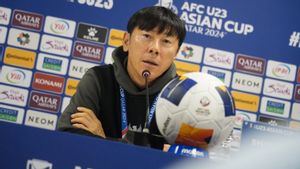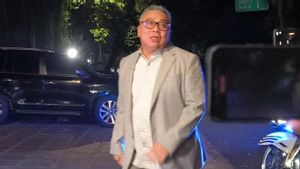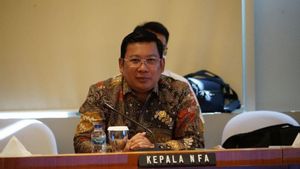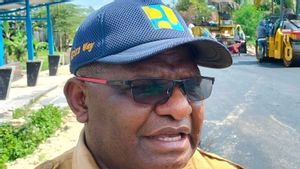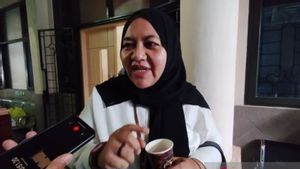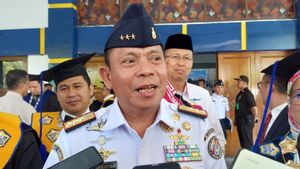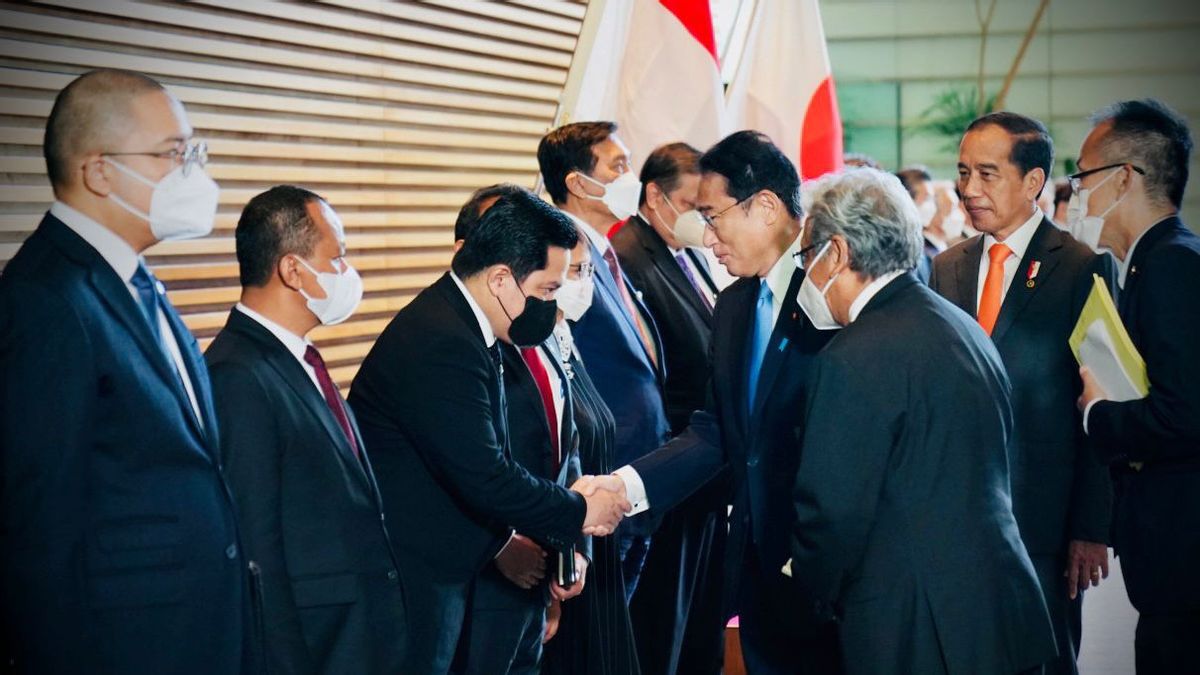
JAKARTA - Minister of State-Owned Enterprises (BUMN) Erick Thohir said SOEs are committed to strengthening trade and investment cooperation with Japan. Especially related to important sectors in realizing energy, health and food security.
This is in line with the direction of President Joko Widodo (Jokowi) when he met with Japanese Prime Minister (PM) Fumio Kishida in Tokyo, Japan, Wednesday 27 July.
"So far, Japan has become a strategic partner for SOEs, both through business-to-business and government-to-government schemes," Erick said in an official statement.
Erick said the three sectors that were the focus of SOE cooperation with Japan were cooperation in the field of new and renewable energy (EBT), the health industry, and the development of the fishing industry.
Furthermore, Erick said SOEs are ready to increase partnerships with Japan in the NRE development sector. According to Erick, the development of renewable energy is a must considering Indonesia's need for clean energy is still very large and the government is committed to achieving Net Zero Emissions by 2060 and reducing greenhouse gas emissions based on the National Determined Contribution (NDC) to 29 percent by 2030.
"There are PLN and Pertamina that have entered into cooperation contracts with foreign companies to produce EBT, and we want to increase cooperation with Japan to accelerate NRE," he said.
Then for the health sector, said Erick, BUMN, opened itself to Japanese investment in the Special Economic Zone (SEZ) in Sanur, Bali. With this health SEZ, Bali will become a health tourism hub or center for health and wellness tourism in Indonesia.
According to Erick, the Indonesian Health tourism market is very large. Erick said that around 600,000 Indonesians have been seeking treatment abroad.
"During the pandemic, of course, the number of Indonesians seeking treatment abroad will decrease. This must be a momentum for us to prepare all international-scale hospital facilities that are in line with medical tourism destinations," he said.
Erick admitted that he had invited a Japanese health company, Mitsui Healthcare, to invest in the 41-hectare area. He assured Mitsui and other Japanese investors that the SEZ of Sanur has no less great potential than neighboring countries.
In addition to being in the world's leading tourist destinations, Erick said that the Sanur SEZ will also be equipped with supporting facilities such as eco parks, commercial areas, schools, and hotels.
"In terms of location, facilities, and ease of regulation, it will certainly add to its own attractiveness for Japanese investors to invest in the Sanur SEZ," he said.
Not only that, Erick is also exploring development cooperation in the fisheries industry sector. Currently, continued Erick, SOEs are creating an integrated fisheries ecosystem. This ecosystem model is from upstream to downstream by a number of SOEs to fishermen, ranging from financial assistance, access to fuel, assistance, insurance, and absorption of fishermen's catch.
Erick hopes that the integrated fisheries ecosystem pattern will not only increase catch productivity, but also, most importantly, improve the welfare of fishermen and their families.
"The three focuses of this collaboration are not solely that SOEs have succeeded in attracting investment from Japan, but the most important thing is that in accordance with the goal of SOEs, which is to encourage these abundant natural resources to become a source of economic growth and create jobs for our people," said Erick.
The English, Chinese, Japanese, Arabic, and French versions are automatically generated by the AI. So there may still be inaccuracies in translating, please always see Indonesian as our main language. (system supported by DigitalSiber.id)



